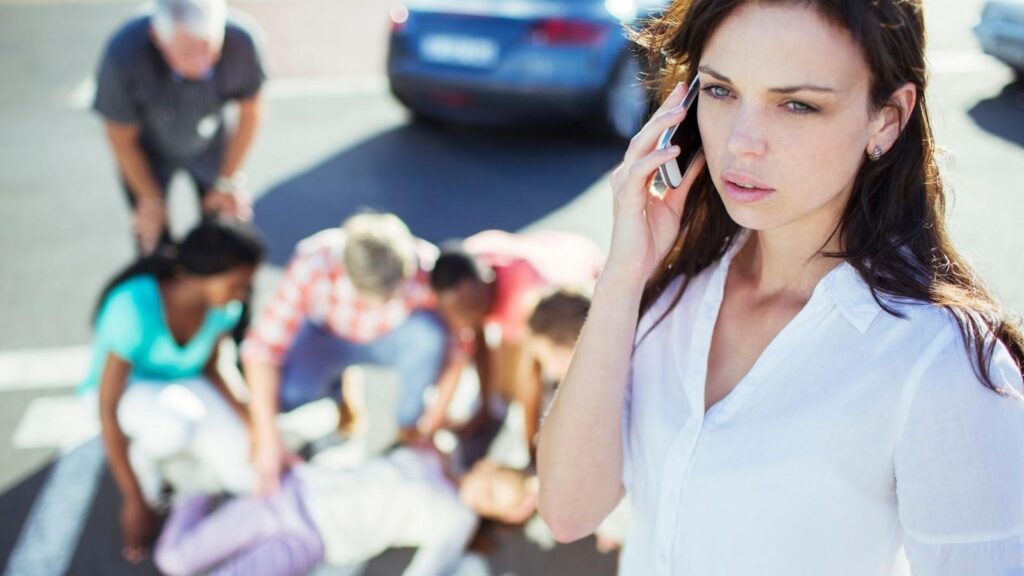In the hustle and bustle of daily life, emergencies are the last thing on our minds. Whether at home, at work, or out in the community, unexpected situations—accidents, injuries, or medical episodes—can happen at any moment. Often, the difference between a minor incident and a life-threatening situation comes down to one thing: the ability to act quickly and effectively.
This is where first aid knowledge becomes invaluable. Having even a basic understanding of how to provide immediate care not only boosts personal confidence but can also make a significant impact on the well-being of those around you. In fact, first aid skills are among the most practical and empowering tools anyone can possess.
First Aid: A Life Skill for Everyone
Contrary to popular belief, first aid training isn’t just for healthcare professionals or first responders. It’s a life skill that benefits people from all walks of life—students, parents, teachers, office workers, and community members alike.
Accidents and emergencies can occur anywhere. A child may choke while eating, a colleague might suffer a sudden cardiac arrest, or a passerby could collapse from heatstroke. In such scenarios, knowing what to do—and doing it swiftly—can buy crucial minutes until professional medical help arrives.
Beyond emergencies, first aid knowledge also helps manage everyday injuries like cuts, burns, sprains, or fainting. The ability to remain calm and composed while providing immediate care not only aids recovery but can also prevent further complications.
Building Confidence and Responsibility
One of the most underrated benefits of first aid training is the sense of responsibility and confidence it instills. People often feel helpless or panicked during emergencies because they don’t know how to react. However, with even basic first aid education, that fear is replaced with assurance.
It’s also about fostering a culture of care and readiness within families, workplaces, and communities. When individuals are equipped with life-saving knowledge, they are more likely to step in and assist rather than waiting passively for help.
How to Get Started: Certification Options
If you’ve ever considered learning first aid but didn’t know where to begin, you’re not alone. Thankfully, structured courses are readily available and designed for people of all ages and experience levels.
One of the best ways to ensure you’re fully prepared is by obtaining a recognized certification. Enrolling in a First aid certification Edmonton program is an excellent option for those in the area looking to acquire practical, hands-on training. These courses cover everything from CPR and wound management to how to handle choking, allergic reactions, or fractures.
A First aid certification Edmonton course typically includes both theoretical and practical components, ensuring participants not only understand the concepts but also get real-life practice. Certification programs are often endorsed by organizations like the Canadian Red Cross, adding a layer of credibility and recognition to your training.
First Aid in the Workplace
Employers, too, have a vested interest in ensuring their teams are trained in first aid. Workplace injuries, although preventable, still occur frequently. Having certified first aiders on staff not only improves safety protocols but also demonstrates a company’s commitment to the well-being of its employees.
Many businesses even offer incentives for staff to pursue first aid certification or organize on-site training sessions through local providers in Edmonton.
The Bigger Picture: Empowering Communities
Ultimately, first aid knowledge is about more than individual preparedness—it’s about strengthening entire communities. When more people are trained, the chances of survival and recovery in emergencies increase significantly. It creates a network of capable, confident individuals ready to help when it matters most.
Whether you’re a parent, student, manager, or concerned citizen, taking the initiative to enroll in a First aid certification Edmonton course is one of the most practical and impactful decisions you can make. Emergencies may be unpredictable, but your ability to handle them doesn’t have to be.


